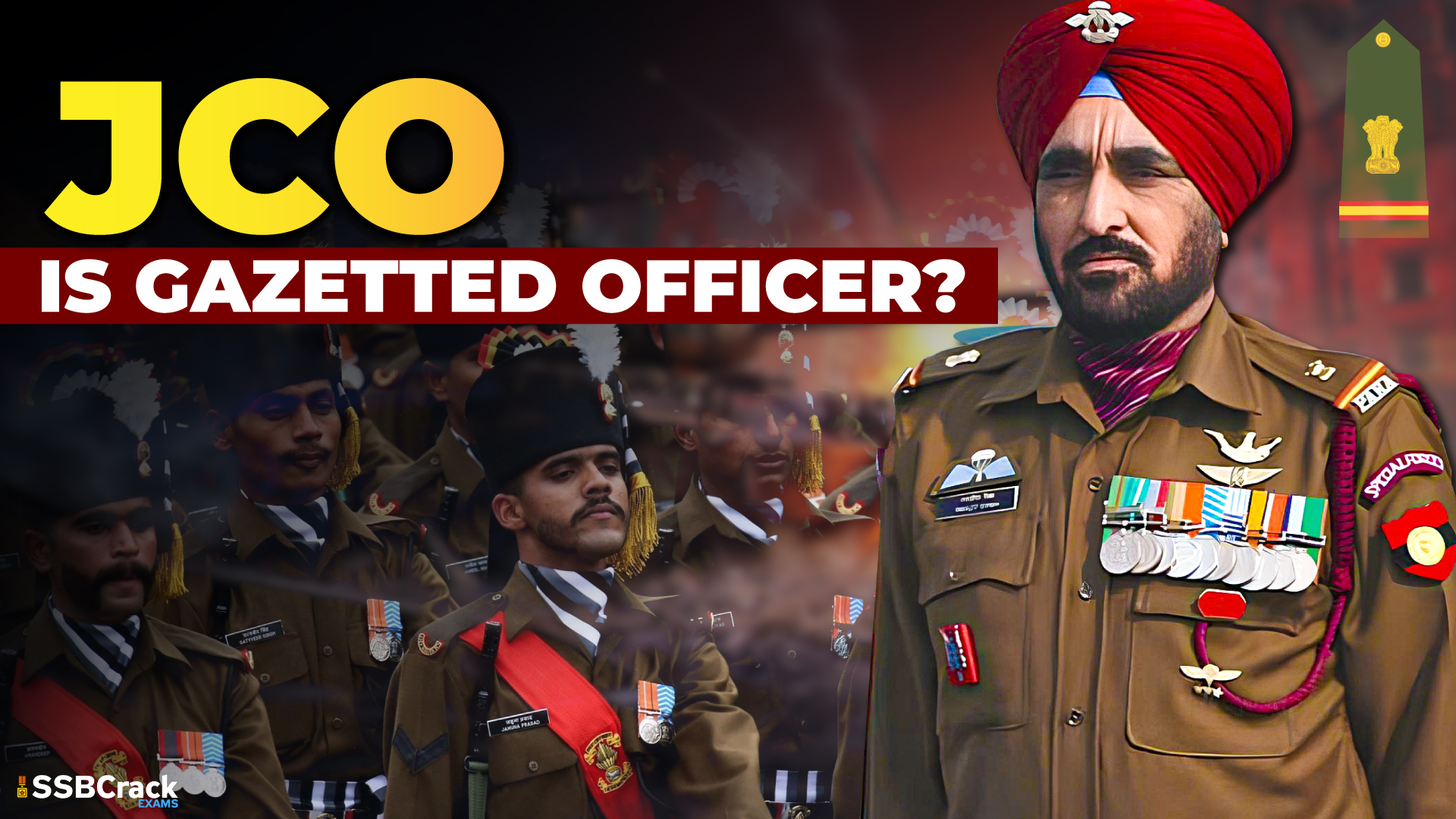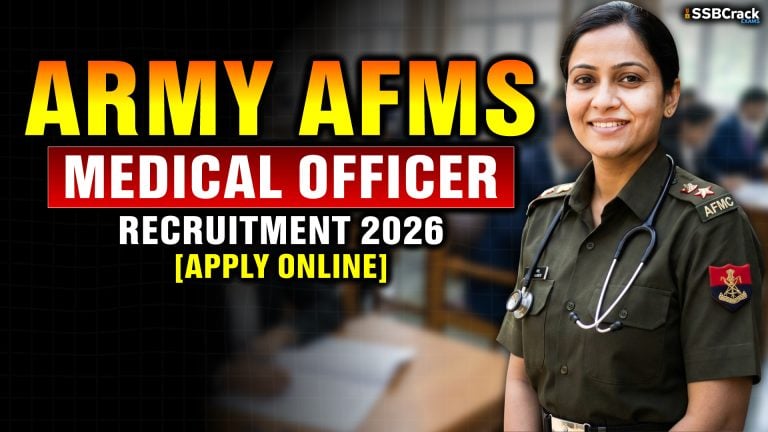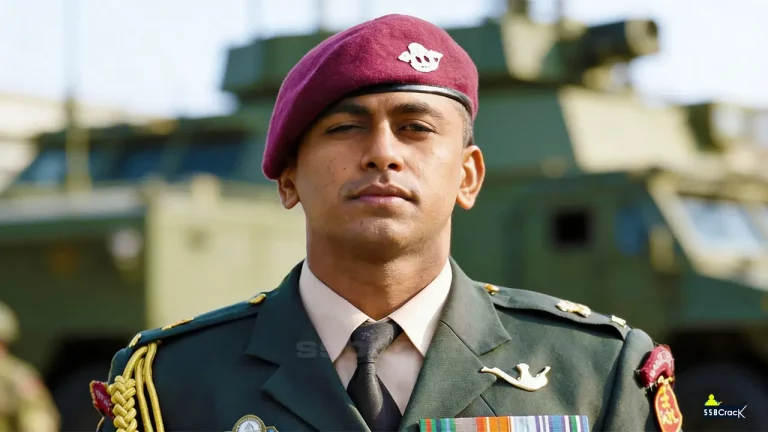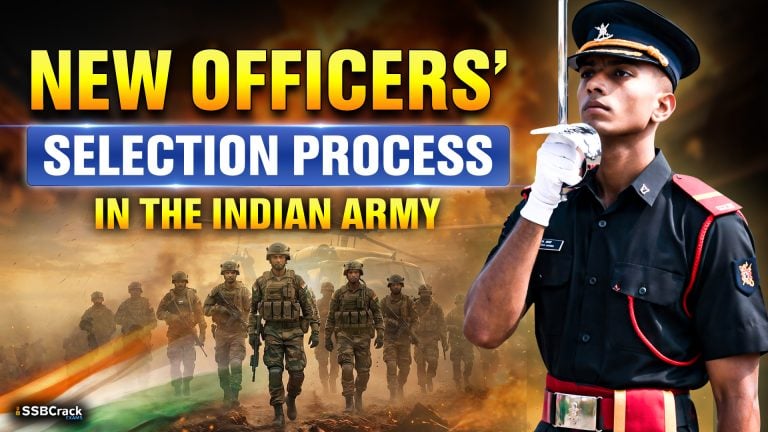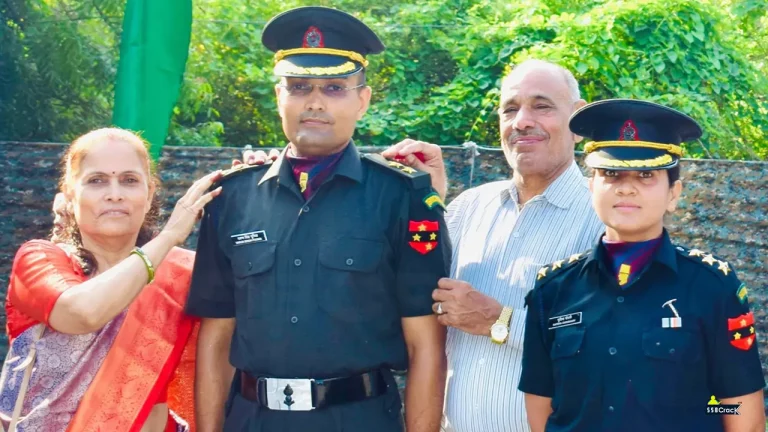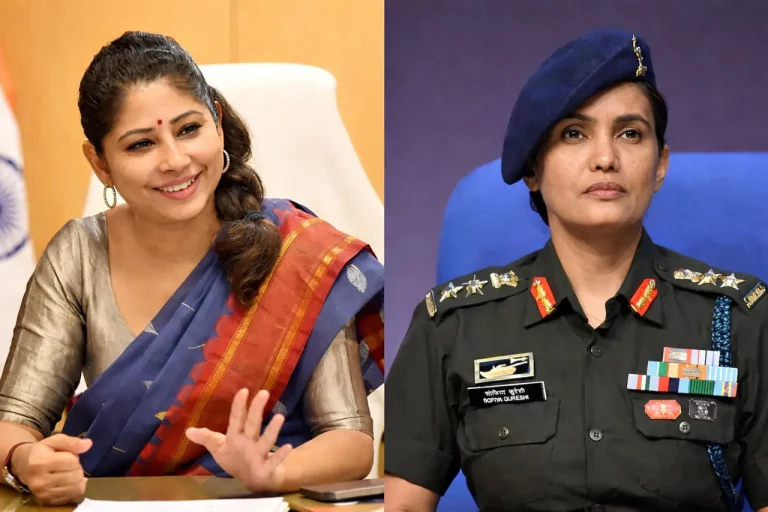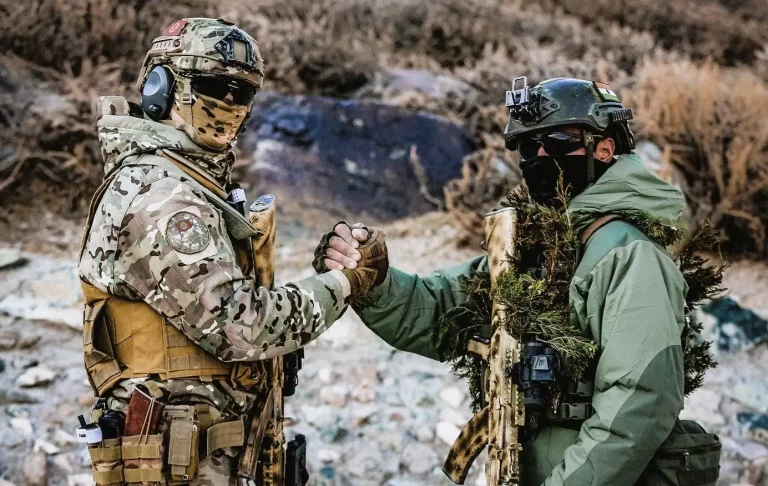In the Indian Army, there has been a long-standing debate regarding the classification of Junior Commissioned Officers (JCOs) as either gazetted or non-gazetted officers. This issue has caused discontent among a large section of Army personnel, leading to calls for rank-parity between JCOs and their civilian counterparts. In this article, we will explore the recent developments and clarifications made by the Army regarding the status of JCOs, shedding light on whether Army JCOs are considered gazetted officers or not.
Understanding the Classification
To grasp the significance of the recent clarifications, it is essential to understand the difference between gazetted and non-gazetted officers. Gazetted officers hold a higher rank and enjoy certain privileges and benefits, including higher pay scales and authority over non-gazetted officers. On the other hand, non-gazetted officers are lower in rank and do not possess the same level of authority and benefits as gazetted officers.
The Army’s Clarification
In July 2011, the Army issued a communication in response to an RTI application, categorizing JCOs as non-gazetted officers. However, this classification was met with widespread outrage among JCOs, who argued that their responsibilities and qualifications warranted them being classified as gazetted officers. Recognizing the mistake made in 2011, the Army headquarters has officially clarified that JCOs are indeed gazetted officers, overturning the previous classification.
Implications of the Clarification
The clarification by the Army has significant implications for over 64,000 JCOs ranked in three categories: Naib Subedar, Subedar, and Subedar Major. By designating JCOs as gazetted officers, they are now entitled to the benefits and privileges that come with this classification. This includes improved pay scales, greater authority, and enhanced status within the Army hierarchy.
The Rank Parity Issue
The clarification regarding the status of JCOs as gazetted officers is part of a broader discussion on rank parity between military officers and their civilian counterparts. The controversy arose when the Ministry of Defence (MoD) issued a letter in October 2019 equating military officers with civilian officers in terms of rank and pay. This move was met with discontent and protests from the armed forces, who felt that their status and rank were being undermined.
The Need for Resolution
Recognizing the discontent among the armed forces, the MoD formed a three-member committee to re-examine the rank parity issue. The committee, headed by an additional secretary-rank officer, aims to address the concerns raised by the armed forces and resolve the matter once and for all. The committee is studying the issue from various angles to ensure that any decision reached is fair and equitable for all parties involved.
The Role of JCOs in the Indian Army
Junior Commissioned Officers play a crucial role in the Indian Army. They bridge the gap between the officers and the soldiers, providing leadership and guidance to the troops. JCOs are typically promoted from the ranks of non-commissioned officers, based on their experience, skills, and performance. They hold important positions within the Army hierarchy and are responsible for the welfare and discipline of the soldiers under their command.
The clarification by the Army headquarters, classifying JCOs as gazetted officers, brings much-needed clarity to the status of these personnel within the Indian Army. This move has the potential to improve the morale and motivation of JCOs, who play a vital role in the functioning of the armed forces. As the MoD continues to examine the broader issue of rank parity, it is essential that a fair and equitable resolution is reached, taking into account the unique demands and requirements of the military profession. By addressing these concerns, the armed forces can continue to uphold their commitment to safeguarding the nation’s security while ensuring the well-being and satisfaction of their personnel.
